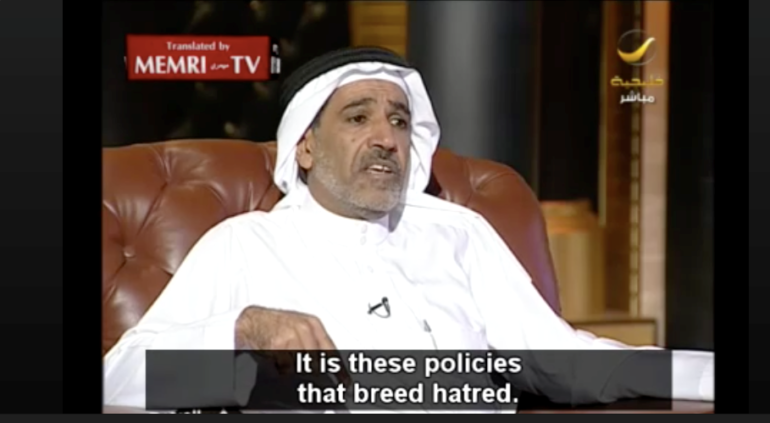
The official designation of Christians as “protected people” in Islamic law is out of step with the modern concept of citizenship and should be abandoned, a Saudi intellectual has argued.
Tawfiq Al-Sayf, a columnist for the Saudi daily Al-Sharq Al-Awsat* noted that statements condemning the bombing of two Egyptian churches on Palm Sunday contained the repeated use of terms such as “protection seekers,” “protected people” (dhimmis), and “People of the Book” to describe the Coptic victims of the attack.
In Sharia (Islamic law) a dhimmi is a Christian or Jew living under an Islamic government and forced to pay a protection tax. As fellow monotheists, Jews and Christians count as “People of the Book”. However, barred from the military, the dhimmi was historically shown tolerance but effectively lived as a second-class citizen.
(The dhimmi was also required to pay the jizya tax, as their contribution towards the cost of a Muslim army’s protection for them. As recently as June, an Iraqi cleric referred to this tax for Christians, and it has reappeared in areas run by so-called Islamic State in Iraq and Syria. It was even briefly imposed on Christian villagers in Egypt in 2013).
While modern Muslim-majority nations have abandoned the dhimmi system, in some religious, political and social settings the view of Middle Eastern Christians as second-class citizens persists.
Clerics, Dr Al-Sayf noted, use the terms “to emphasise the prohibition against attacking non-Muslims”, according to a translation of his column by MEMRI, a monitoring service. However, in the minds of extremists, “they are used … [to grant] uniform meaning to the status of [certain] people in relationship to the person talking”.
He said he believes the Islamic law of today maintains the view of non-Muslims not being “equal partners with respect to all rights, or ‘citizens’ in the modern sense”.
“These descriptions belong to an Islamic law perception of reality, which, from a modern perspective, is mistaken, and highlights the difference between reality as perceived by Islamic law and actual reality. All these labels [to describe non-Muslims] belong to a bygone historic age, hence the discrepancy,” he said.
In the modern state, all citizens are equal in rights and obligations, regardless of their religion and social affiliation, he said, therefore no-one may be referred to as a “protected person” or “protection-seeker”.
Dr Al-Sayf concluded: “This is a call to abandon the ancient perceptions, which are no longer useful and are unrealistic. It is a call to direct thinking to the real world and to adapt to it, rather than reduce thinking to a world of ancient documents and writings, and adhere to them and to their flaws.”
* (Launched from London in 1978 but now says it’s “the world’s premier pan-Arab daily”.)